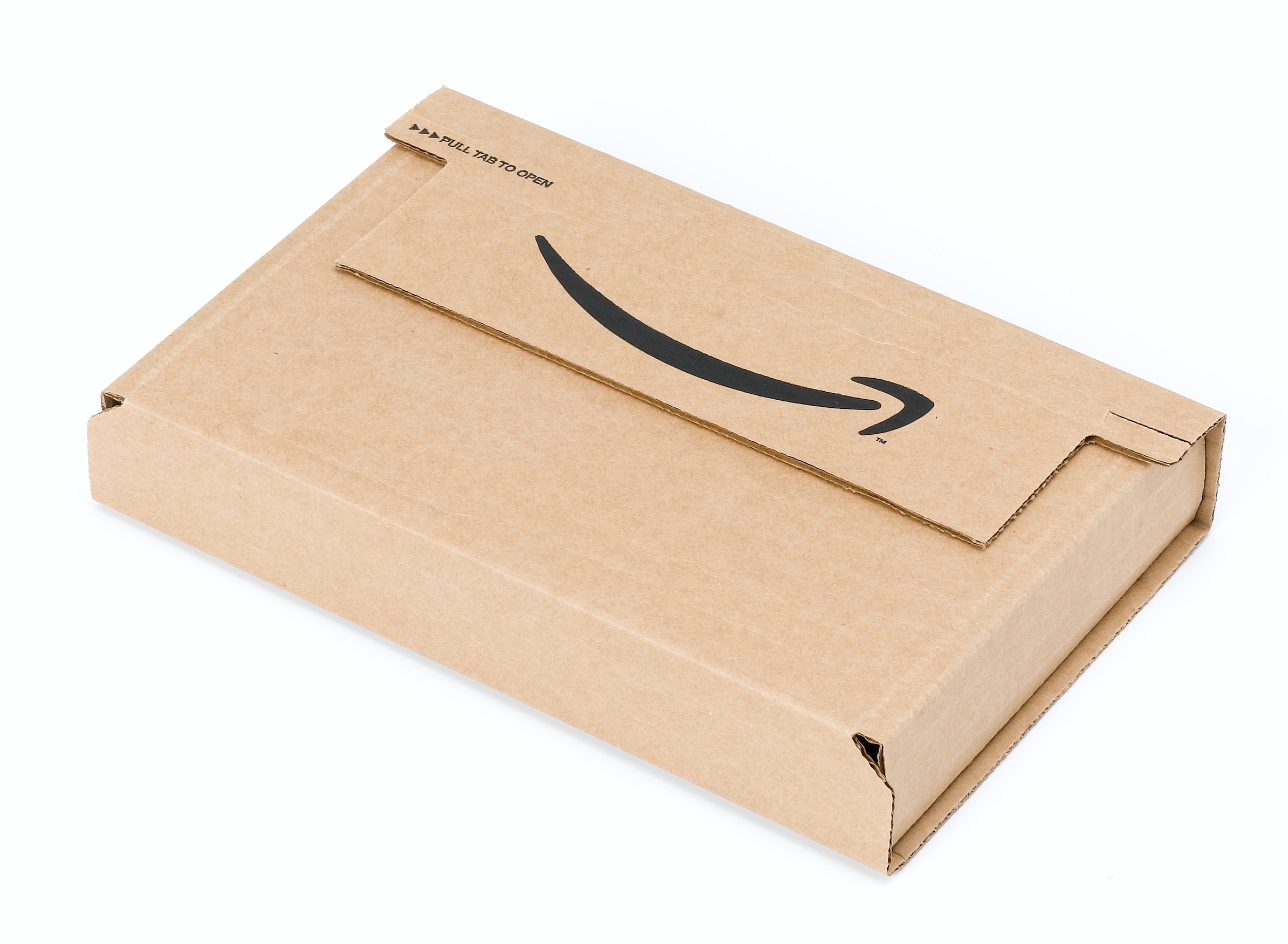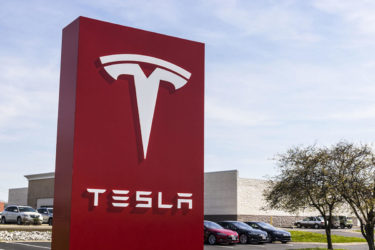Jeff Bezos is the man who changed how we shop (as well as the literal fortunes of the high street), and now with his purchase of The Washington Post, he has the chance to change how we are informed. He’s not the first to try this, but does his past experience with Amazon give him an edge?
It’s possible, but remember Rupert Murdoch’s The Daily? It floundered disastrously, following a hype campaign which proclaimed it to be a new beginning for the broadsheet world. Paywalls, more notoriously, have also proved to be poor at generating revenue, and keeping papers afloat; with generally mixed review and muted responses many newspapers have started to slowly abandon the model as it fails to produce results.
So, with so much financial, and industrial backing why are they floundering? The answer doesn’t lie with the quality of the news or the comment, nor self-serving opinion pieces. There’s no question that the quality of what a newspaper can deliver is higher. It instead lies with relevance. People can find news in seconds on Twitter, among other sources, while opinion pieces can be written by just about anyone on sites like this.
In an open and democratic internet, there’s no room for ‘walled gardens’ where select groups of writers can create content, while barring the rest of us from anything more than a comment here and there, which will usually never be seen. While news sites carry valuable news and information, the openness of other websites and social networks means that news can be spread instantaneously, with people able to interact, share and counter on the fly; uncensored, guaranteed open discussion for all to share.
Obviously, technology plays a huge role in the decline of print papers. Why should I buy a bulky broadsheet, or tabloid, which I’ll have to carry around and tidy up as I fold the sheets, avoiding ink stains when I can easily unlock my tablet or phone and read all the news I can, from any source I want?
That’s not to say that the newspaper industry has been totally complacent, The Guardian has, in many ways led the way in terms of openness and engagement. Forums, crowd-sourced image galleries, user discussions and interactive apps have all helped boost its online readership. In response to its flailing print sales, an extremely impressive app version was launched, for iPad which claimed over 700,000 subscribers in its first few weeks. Ultimately however, the business is still slowing, but The Guardian has managed to do what others have seemingly been slow to, which is to innovate.
Bezos, in 1994 left his job in New York and started Amazon, ultimately changing how we shop, later changing how we read books (which can be a bad thing, depending on who you are), and, potentially, changing how we watch TV. Taking on an industry which hasn’t changed much in hundreds of years won’t be easy, but the Amazon CEO comes from an industry that went from non-existence to one of the most influential aspects of modern culture, the digital world is forced to constantly innovate and change thanks to new technology.
If Bezos can change the Washington Post, we might just be seeing a bright new future for newspapers, but will our newsagent stands be empty?












